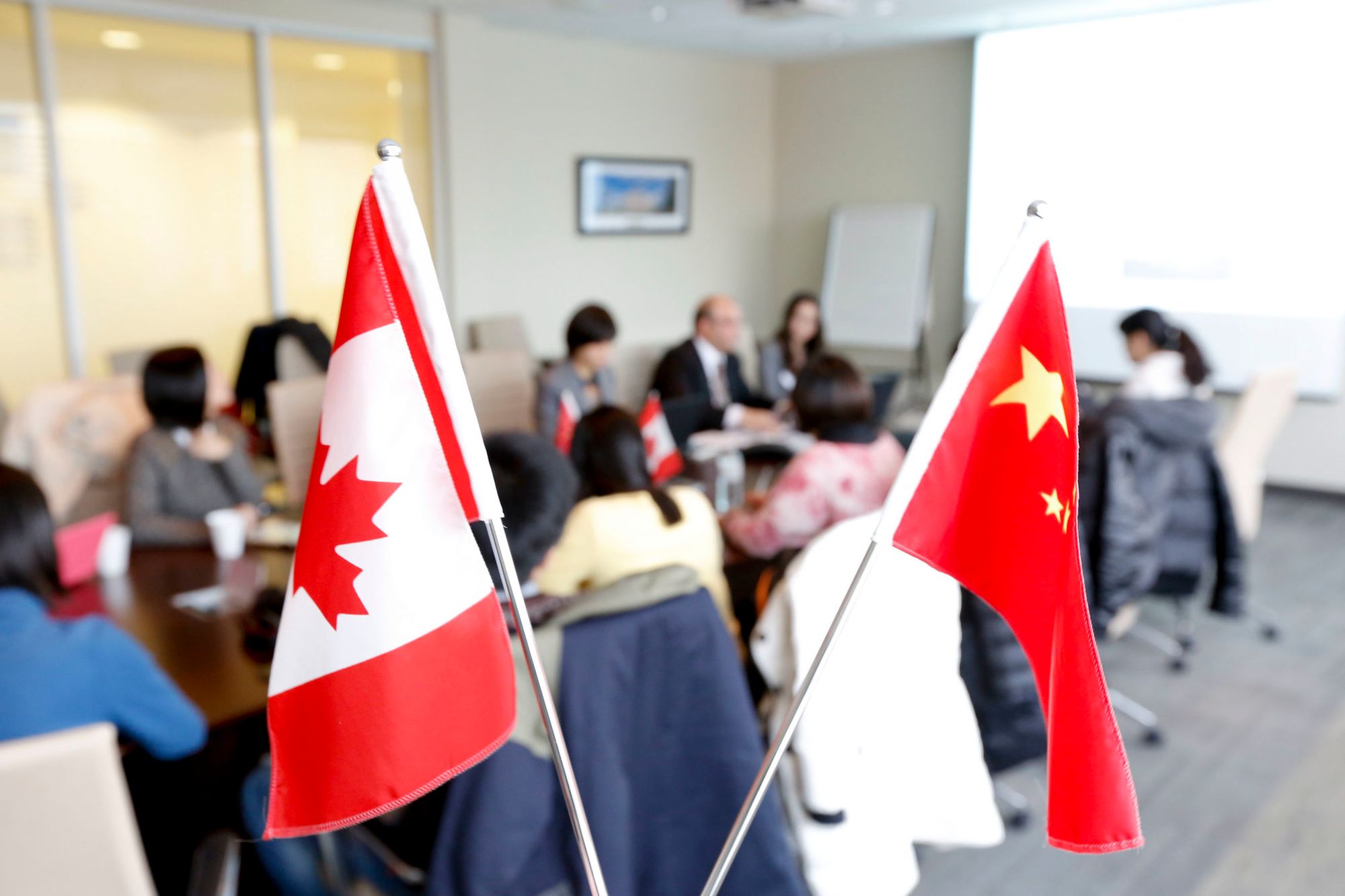Two major news stories in Canada broke last week. The first is one you likely heard of, while the second was a flash in the pan, with hardly any follow-up media coverage. Let’s start with the first.
Canada’s political class is abuzz with news that China allegedly meddled in Canada’s most recent federal elections. Global News dropped the article from Sam Cooper on February 24, which follows up on reporting into the issue he published last year. More stories also came out this week, including that China made a large donation to the Pierre Elliott Trudeau foundation in 2016 through two wealthy Chinese businessmen. The sources for all of these stories are anonymous intelligence agents.
The second story focused on the Canada Emergency Business Account pandemic support program, which provided businesses with interest free loans of up to $60,000, with partial forgiveness offered if the balance is paid back by the end of this year. The report from Chris Hannay at The Globe and Mail revealed that this program, which cost more than $49 billion, wasn’t actually coordinated by Canadian bureaucrats, as was widely thought, but rather by Accenture Inc., a global management and professional services firm. Hannay wrote that Accenture’s tasks included “website building, running a call centre for applicants, bringing financial institutions on board, handling investigations and collecting data.”
This news comes on the heels of a CBC report in January that revealed the Liberal government had outsourced contracts worth more than $116 million since 2015 to the American firm McKinsey & Company. McKinsey has played key roles in setting immigration levels and border management, determining Canada’s budgetary priorities, and re-organizing government agencies, and has received the green light to be a favoured contractor in Canada for the next 81 years. A parliamentary committee was established earlier this year to investigate McKinsey contracts, and in February it was expanded to involve five other firms, including Accenture.
I don’t doubt that China is interested in Canada — they’re a rising global power with interests all over the world. Canada is already basically a rentier state of the United States, and considering that U.S. meddling in Canadian elections isn’t something anyone seems to care about, why wouldn’t China try to get in on the action? Still, I personally trust the word of CSIS agents as much as I trust police officers; anonymous sources from CSIS aren’t exactly a smoking gun, though more information is sure to come.
If the news about China interfering in past elections is true, we should be concerned that our democratic institutions allow for such loosey-goosey rules to apply to party elections. But the Accenture story is far more concerning to me. There’s no innuendo: Accenture was paid to administer a massive program for COVID-19 support. They were given government data to do it, and access to Canadian banks and credit unions. They developed expertise, learned more about Canada’s financial system and, if they’re smart, took note of its many flaws. That’s money in the bank for them, as they may use the knowledge to approach the federal government or its agencies for new contracts or if they’re hired to advise private corporations on how to navigate Canadian systems.
The government is supposed to be able to coordinate the programs it determines Canadians need. In coordinating programs, the civil service learns about issues and tries to solve them. Their reason to exist is to provide made-in-Canada services to Canadians, without profit baked into the model. Public servants spend their careers developing, implementing and designing systems, and they’re paid to do so through our taxes. Critically, they also guide politicians, regardless of political stripe, to make the most efficient decisions related to program administration.
When governments outsource core competencies of the civil service, our systems become more vulnerable to failure and there are fewer options for citizens to demand accountability. Take, for example, the Phoenix Payroll disaster. The federal government outsourced its payroll system to IBM to replace the in-house program that had been in use for more than 40 years. The move was supposed to save $78 million per year. Instead, workers were overpaid, underpaid or not paid at all, and the problems cost more than $2.2 billion to fix, plus more than $560 million in legal damages and compensation. Government workers experienced a lot of financial anguish as a result.
The moment Canada’s government outsources massive program delivery to international, for-profit corporations, it de facto admits that it no longer serves its core function. The profit vultures circle above, waiting for the moment to swarm our government with offers and bite off pieces of our nation in the process. They compromise our democracy and give important access to our systems to a nebulous network of global capital.
What happens when we increasingly rely on international agencies to provide core services to Canadians? If it’s Accenture today, how far are we away from outsourcing something to a foreign entity that explicitly seeks to undermine Canadian democratic institutions for a political gain? The only real difference between Accenture and China is that Accenture’s sole purpose is to make profits. Profits are coded as good, so what they’re doing is widely seen as unproblematic. China wants to expand its influence in the world, and because China is portrayed negatively within Canada, the political class has a problem with that.
The reality is that Canada can be so desperately pathetic. We don’t bat an eye when we find out that a foreign company listed on the New York Stock Exchange is literally doing the work that we thought our government was doing. That’s the kind of attack on sovereignty that should really worry us, not the least because it’s self-inflicted.








Member discussion